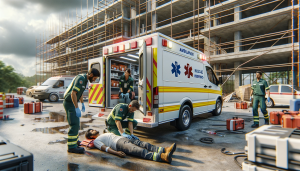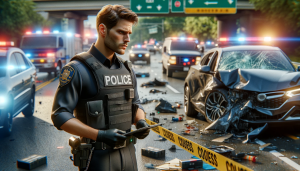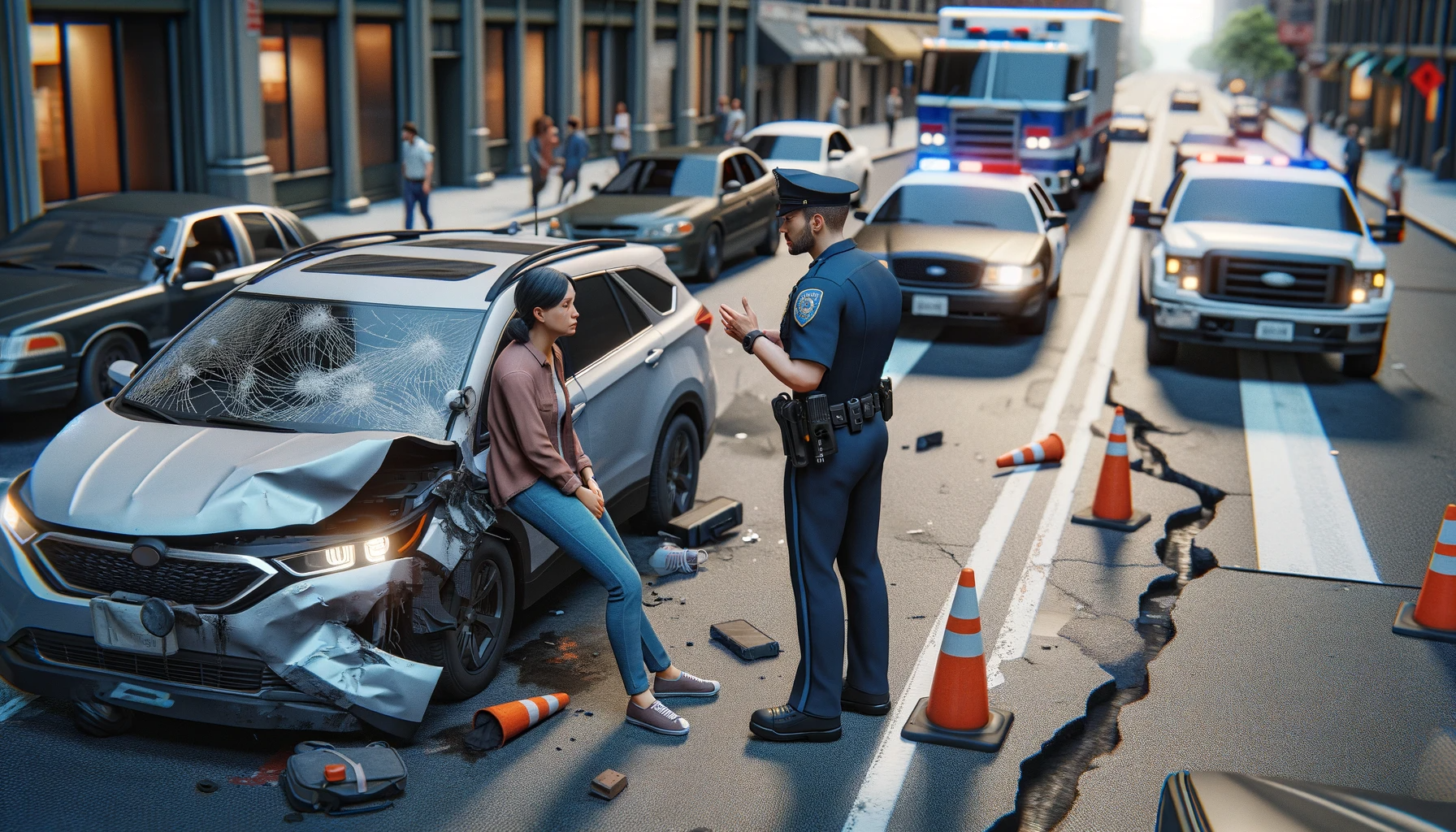Picture this: you're driving home, and out of nowhere, there's a screech, a bang, and a jolt. You've been in a car accident. Now what? Who swoops in to make sense of the chaos? That's right, it's law enforcement. These folks have a crucial role in the aftermath of a collision. Let's dive into what they do and why it's so important for everyone on the road.


First Response and Emergency Assistance
When an accident happens, the first people on the scene are usually the first responders, which often include police officers. Their priority? Your safety. They're the ones checking for injuries, calling ambulances, and making sure everyone is out of harm's way. But it's not just about slapping on band-aids; they're also the maestros of the scene, directing traffic to prevent further accidents and chaos.
Securing the Accident Scene
Once they've ensured everyone's safe, officers get down to business with accident scene management. They're like the guardians of the scene, setting up barriers, deploying flares, or whatever it takes to keep the area secure. This isn't just busy work; it's about keeping you and the public out of danger while they do their thing.Traffic Collision Investigation
Now, we get to the nitty-gritty: the investigation. Officers turn into detectives, scouring the scene, gathering evidence, and figuring out what happened. They're looking at skid marks, broken glass, anything that helps piece together the puzzle. This crash site analysis is crucial—it can make or break a case if things get legal.Evidence Collection and Documentation
Speaking of legal, evidence collection is a big deal. Officers collect bits and pieces, snap photos, and jot down notes. All this goes into the police report for the car accident, which is like the holy grail if you're dealing with insurance or court stuff later on.Road Safety Enforcement
Let's not forget about road safety enforcement. Cops are always on the lookout for anything that could cause another accident, like drunk drivers. Those DUI checkpoints? They're not just there to ruin your night; they're a checkpoint between you and potential harm.
Legal Obligations and Protocols
After the dust settles, there's a bunch of legal mumbo jumbo to take care of. Law enforcement follows strict protocols to make sure everything's by the book. They're dealing with legal obligations post-accident, making sure all the T's are crossed and I's are dotted.Interaction with Involved Parties
After a crash, you might be all kinds of shaken up. That's where officers step in to help you out, offering assistance and taking your statement. They're the middlemen between you and the other guy, making sure everyone's heard and everything's fair.Reporting and Legal Implications
Finally, all this info goes into a report. The police traffic accident report is a big deal—it's the official account of what went down. And it's not just for kicks; it has real legal implications, affecting everything from fault to fines.Conclusion
So, there you have it. Law enforcement does a whole lot more than just show up and look official. They're the first responders, the scene security, the investigators, and the peacekeepers. Without them, a car accident could go from bad to a complete nightmare. They keep us safe, sort out the mess, and help make sure justice is served.Look for an attorney who has the right legal resources for your legal needs.
Contact us here on the Warmuth Law website or through our hotline 888-517-9888.











